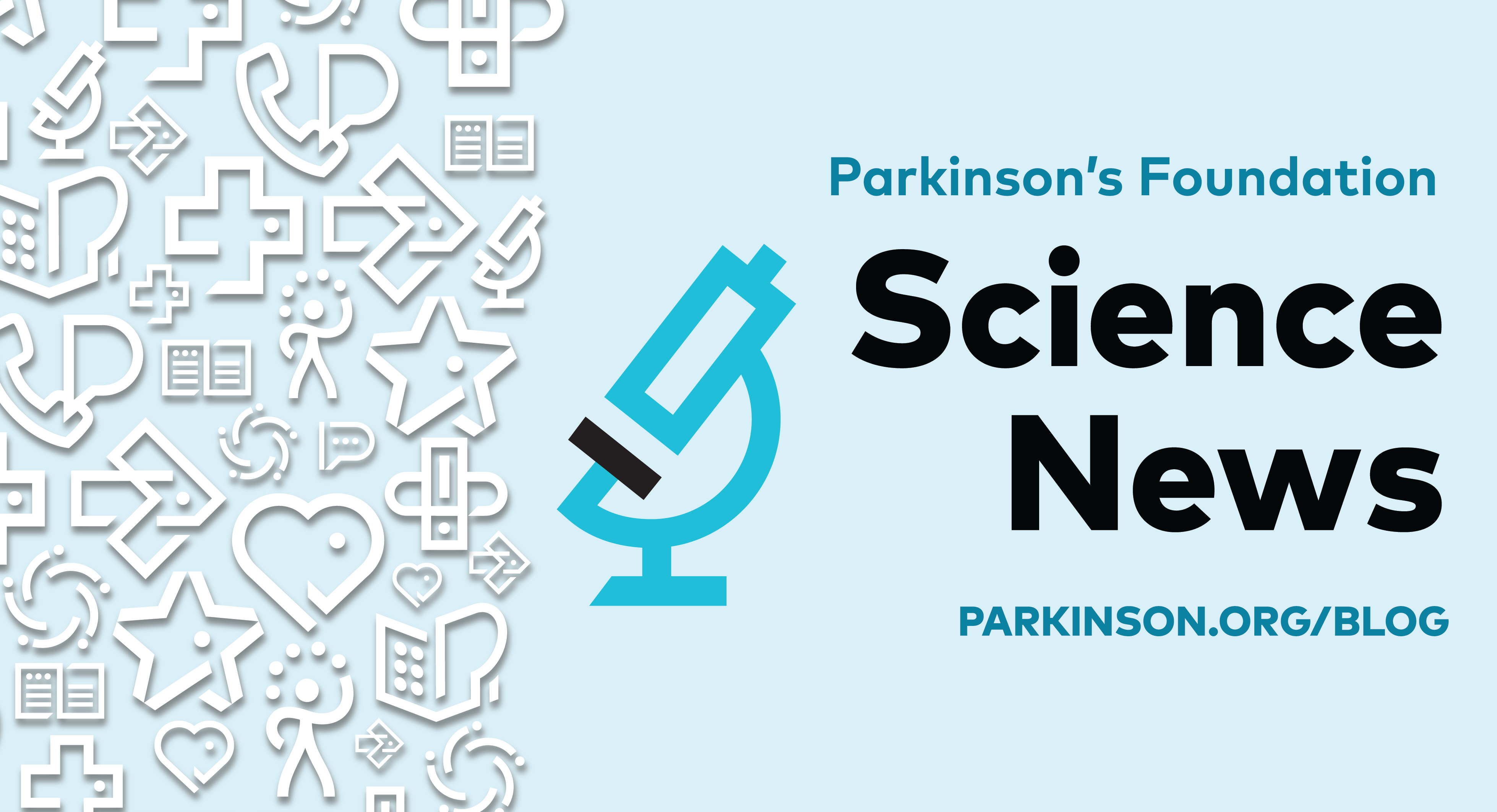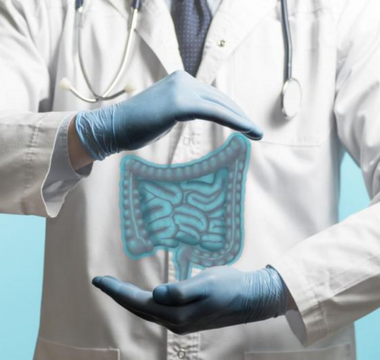What Happens in the Vagus Nerve: The PD Gut-Brain Connection

The gut-brain relationship is real. Stomach or intestinal distress can lead to anxiety or depression. However, those gut-brain connections go much further: evidence from recent studies strongly suggest a link between the gut (the gastrointestinal system) and Parkinson’s disease (PD).
In the PD research field, the Braak Hypothesis states that the earliest signs of Parkinson's are found in the enteric nervous system (known as the brain in the gut). This theory is supported by evidence that in PD, non-motor symptoms, such as constipation, may appear before motor symptoms. Braak hypothesized that abnormal alpha-synuclein can spread from the gut via the vagus nerve to the midbrain, where it selectively kills dopamine neurons.
Get to Know the Brain
Alpha-synuclein: a protein found in the brain, central to Parkinson’s.
Central Nervous System:controls most functions of the body and mind. Consists of the brain and the spinal cord.
Prion: a protein that can harm a normal protein, causing damage to healthy brain cells. Some scientists believe alpha-synuclein can become a prion and lead to Lewy body clumps, the hallmark of PD.
Vagus Nerve: a nerve that connects the brain to the gut. Regulates organ functions, such as digestion, heart rate, respiratory rate, coughing, sneezing and swallowing.

Published in Neuron, a 2019 study titled, “Transneuronal Propagation of Pathologic alpha-Synuclein from the Gut to the Brain Models Parkinson's Disease" (Kim et al., 2019) a group of scientists tested Braak’s hypotheses, mimicking the spread of abnormal alpha-synuclein observed in PD, scientists injected both normal mice and knock-out mice (mice with no alpha-synuclein) with misfolded alpha-synuclein directly into the stomach opening and part of the small intestine ― which are packed with vagus nerve branches.
To monitor the injected abnormal alpha-synuclein, scientists used a stain to observe the progression, if any, from the gut to the brain over several months. They also tested severing the vagus nerve in the mice, to see whether it might prevent the spread of the abnormal alpha-synuclein to the brain. Additionally, throughout the study, several tests were conducted on the mice to measure motor and non-motor symptoms.
Results
In normal mice:
- Injecting abnormal alpha-synuclein into the gut did get taken by the vagus nerve and successfully traveled into the brain, causing the normal alpha-synuclein to transform into abnormal, misfolded alpha-synuclein.
- This transformation process traveled from cell-to-cell, forming more Lewy body clumps. Remember, misfolded alpha-synuclein is the main component of Lewy bodies.
- Injecting abnormal alpha-synuclein into their gut resulted in significant dopamine loss.
In the mice with no alpha-synuclein:
- Injecting abnormal alpha-synuclein into their gut successfully made it into the brain, but nothing happened. Since there was no normal alpha-synuclein, it was not able to start the clumping.
Motor and Non-Motor Findings
Seven months after injecting abnormal alpha-synuclein into the gut of normal mice:
- There was a significant loss of dopamine in the brain.
- There were non-motor cognitive impairments, including memory and social deficits, anxiety, depression and olfactory and gastrointestinal dysfunction.
- Motor deficits included a loss of grip strength and agility.
- Those mice that had their vagus nerve severed prevented the loss of grip strength and agility shortfalls.
What Does This Mean?
The major findings of this study support that abnormal alpha-synuclein is capable of spreading from the gastrointestinal tract (the gut) through the vagus nerve into the brain, leading to a loss of dopamine.
Further, the Kim et al. (2019) study also revealed that the misfolded alpha-synuclein in the brain causes the normal alpha-synuclein to misfold; and those misfolds form into clumps, resulting in Lewy bodies, which in turn, result in Parkinsonian symptoms. In terms of potential therapeutic applications, if this gut-brain PD connection via the vagus nerve works the same way in people, it may be possible to interfere with this trafficking to prevent PD symptom progression before it reaches the brain.
Learn More
The Parkinson’s Foundation believes in empowering the Parkinson’s community through education. Learn more about the Parkinson’s and LID in the below Parkinson’s Foundation resources or by calling our free Helpline at 1-800-4PD-INFO (473-4636).
Related Blog Posts

Treating Sleep Apnea May Lower Parkinson’s Risk

Top Parkinson’s Science News Articles of 2025
